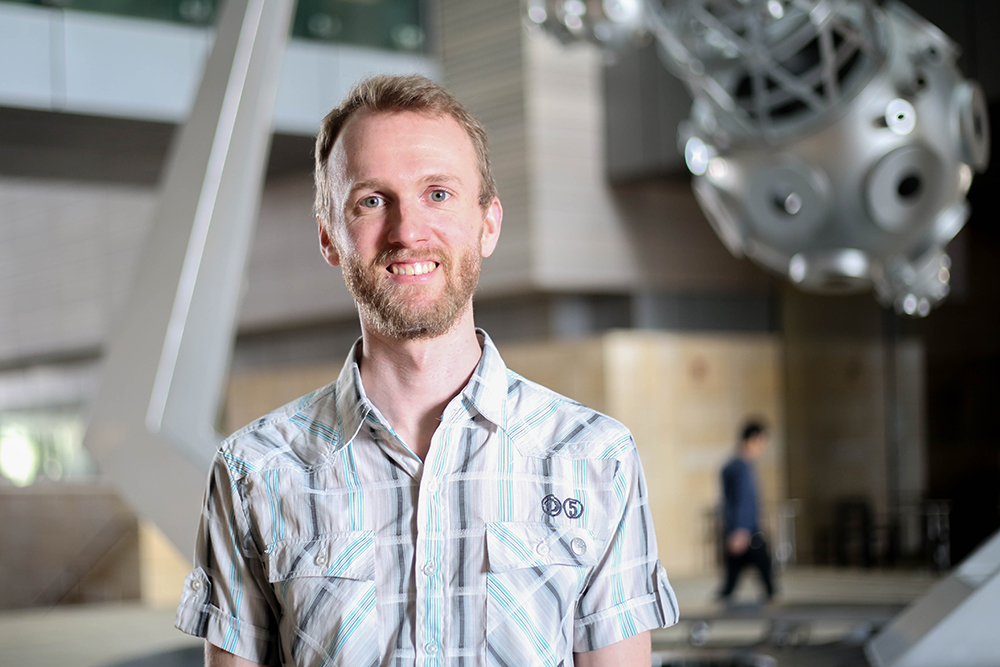
16 May, 2017
May 16 2017, 02:30 PM - 03:30 PM

Mikael Ehn is an associate professor in experimental atmospheric physical chemistry at the University of Helsinki (UHEL), Finland, since December 2016. He received his MSc (2005) and PhD (2010) degrees at the department of physics at UHEL. In 2011-2012 he conducted postdoctoral research at the Institute for Energy and Climate Research in Jülich, Germany, where he continued his PhD work on applying mass spectrometric techniques to study atmospheric trace species important for aerosol particle formation. The main result of this work was published in Nature in 2014, describing the existence and formation pathways of extremely oxidized organic compounds in the atmosphere, and their potential contribution to organic aerosol. In 2013 he returned to UHEL and worked as a university lecturer until 2016. He also received the prestigious European Research Council Starting Grant in 2015, aiming at achieving carbon closure between organic emissions and their reaction products in gas and aerosol phases in the atmosphere.

"KAUST shall be a beacon for peace, hope and reconciliation, and shall serve the people of the Kingdom and the world."
King Abdullah bin Abdulaziz Al Saud, 1924 – 2015
Thuwal 23955-6900, Kingdom of Saudi Arabia
© King Abdullah University of Science and Technology. All rights reserved